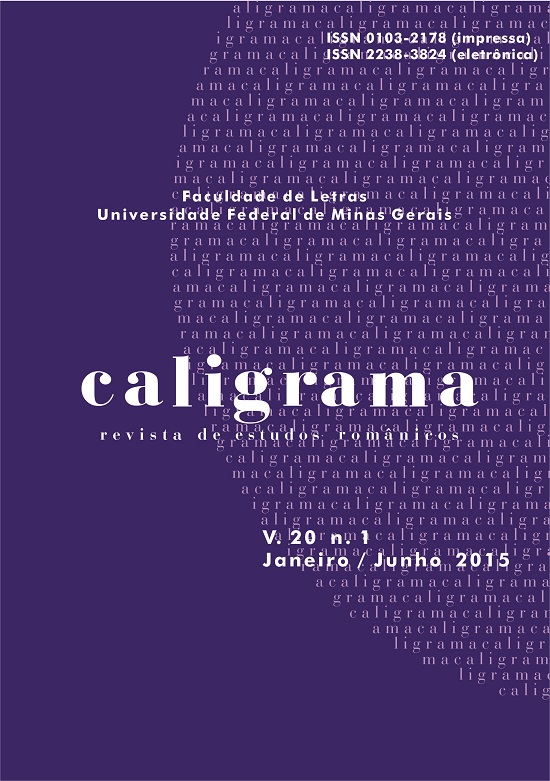Memoria política y relatos de infancia: La casa de los conejos, de Laura Alcoba, y ¿Quién te creés que sos?, de Ángela Urondo Raboy
DOI:
https://doi.org/10.17851/2238-3824.20.1.91-108Palavras-chave:
relatos de infancia, literatura argentina actual, memoria, childhood narratives, contemporary Argentinian literature, memoryResumo
Situamos los relatos de infancia La casa de los conejos, de Laura Alcoba, y¿Quién te creés que sos?, de Ángela Urondo Raboy en la tradición reciente pero obstinada de la narrativa argentina que incursiona en historias de la militancia política de los años setenta. Esas narrativas de infancia proponen un trabajo arqueológico sobre el lenguaje de esa década a partir de la complejidad que supone la doble voz, infantil y adulta, que se expresa en el relato. Teniendo en cuenta las visiones de Gaston Bachelard y de Gilles Deleuze prestamos atención al sistema imagético de la infancia que estas obras construyen. Notamos que la vuelta a la lengua infantil y al lenguaje de los padres cuestiona la heroización del militante, sin renunciar por ello a la memoria. Las obras estudiadas, que muestran nuevos modos de concebir la política, también pueden ser analizadas en el contexto del debate sobre la “resistencia a la memoria” (Andreas Huyssen) y la “memoria insatisfecha (Nelly Richard).
We situate the childhood narratives by Laura Alcoba and Ángela Urondo Raboy (La casa de los conejos and ¿Quién te creés que sos?, respectively) among the late but obstinate tradition of Argentinian narratives of political engagement in the 1970’s. These childhood narratives intent to do archeological research on the language of that decade taking into consideration the complexity of the double speech register – infant and adult – represented in the narratives. Following Gaston Bachelard and Gilles Deleuze, we have paid attention to the imagetic system of childhood that those works construct. We have also observed that the return to the children’s language and to the language of the parents questions the monumentalization of political engagement, without at the same time discarding memory. These works, which show new ways of conceiving political engagement, are also analyzed in the context of the debate about “resistance to memory” (Andreas Huyssen) and “dissatisfied memory” (Nelly Richard).





